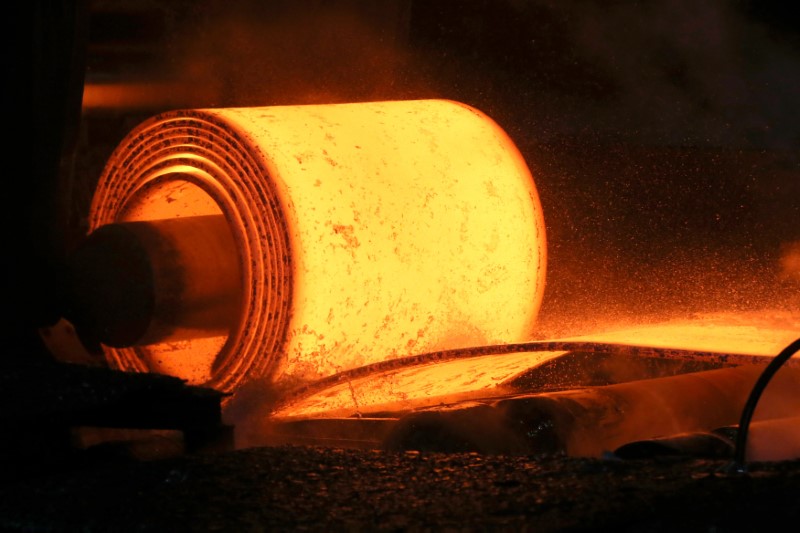(Bloomberg) -- Terms of Trade is a daily newsletter that untangles a world embroiled in trade wars. Sign up here.
The European Union steel industry painted a bleak picture of domestic market conditions, blaming U.S.-instigated tariff wars, the risk of a disorderly Brexit and global overcapacity.
EU steel prices have fallen more than 20% over the past year as a result of weaker demand in Europe by the likes of automakers and higher imports from countries including Turkey and Russia, said Karl Tachelet, director of international affairs at industry association Eurofer.
“The European market has turned drastically as steel demand from key manufacturing industries stagnated and turned negative,” Tachelet told a panel of EU lawmakers on Tuesday in Brussels. “Uncertainty around trade wars, the outlook for the car industry and Brexit are paralyzing order books, in particular in Germany.”
The state of the EU steel market is a barometer of the whole European economy. Germany, Europe’s economic engine, is facing its worst downturn in almost seven years amid a deepening manufacturing slump.
Europe is wary of a lingering threat by U.S. President Donald Trump to hit EU cars and auto parts with tariffs on the same, controversial, national-security grounds he invoked last year to impose levies on European steel and aluminum.
The EU is also making Eurofer-supported adjustments to its system for preventing the U.S. steel tariff of 25% from diverting shipments to the European market and flooding it. The changes, which include adding stainless steel from Indonesia to the scope of the bloc’s import curbs, are due to take effect in October.
